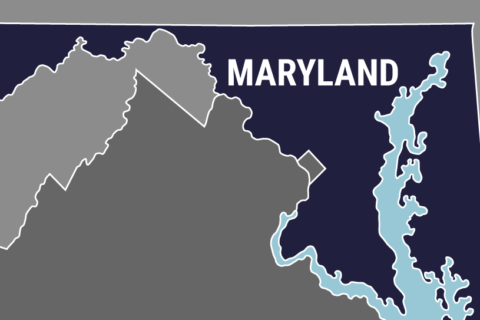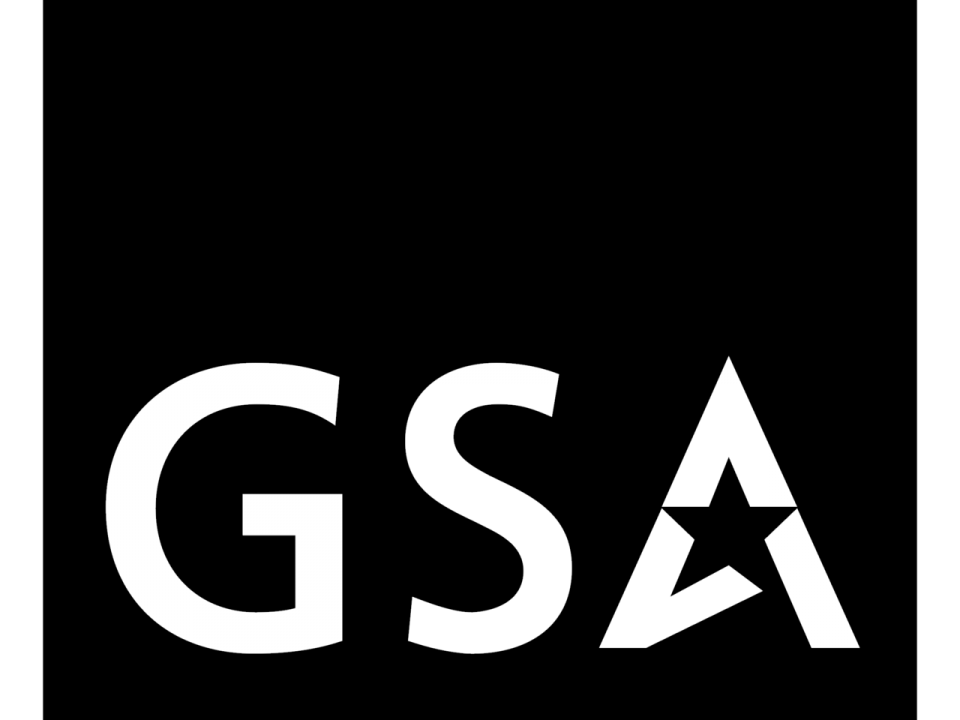
How Maryland is expanding the use of mobile IDs
December 15, 2024
DC Council releases investigative report on Trayon White
December 15, 2024the past week seemed unfazed by President-elect Donald Trump’s expressed desire to eliminate the U.S. Department of Education. During his campaign, he tried to disassociate himself from Project 2025’s “Mandate for Leadership: The Conservative Promise,” but many of the policy ideas he seems to be embracing for his second term — including this one — have been outlined or recommended in that 900-page document.
The section on public education written by Lindsey Burke, director of the Center for Education Policy at the Heritage Foundation, begins with this declarative mission statement: “Federal education policy should be limited and, ultimately, the federal Department of Education should be eliminated.”
Don’t look for solace in Trump’s selection of Linda McMahon, former WWE owner and director, to run the Education Department. While she may have served a short stint on the Connecticut State Board of Education, she — like other announced nominees — lacks any significant expertise in the field in which she is expected to work.
DC receives millions of federal dollars each year largely for low-income or disabled students and teacher development, according to government documents. Notwithstanding what’s at stake, DC Council Chair Phil Mendelson, who as head of the legislature’s Committee of the Whole oversees the government’s public education system, did not respond to my request for comment.
Paul Kihn, DC deputy mayor for education, declined my request for an interview to discuss what the elimination could mean for the District.
“The District is currently focused on supporting our federal partners with the peaceful transfer of power,” Kihn wrote in an email sent to me through his communications director, Adam Middleton. “We look forward to discussing our policy positions with the incoming administration at a later date.”
The email made no mention of the nearly 100,000 students currently enrolled in traditional and charter schools in DC; it made no mention of their teachers or their parents. Kihn also failed to refer to the thousands of college students who call the District home and rely on loans regulated by the Education Department.
Shouldn’t their futures have at least equal standing with the “peaceful transfer of power”? Shouldn’t parents have some idea of the strategic approach Mayor Muriel Bowser might deploy to ensure a well-funded public system of education?
Perhaps Kihn shares the perspective articulated by Marguerite Roza, director of the Edunomics Lab at Georgetown University’s McCourt School of Public Policy. In a recent newsletter, she offered that schools should not “brace for big cuts in federal funding.” She also asserted that even in the unlikely case the Education Department were to close, key programs like those financed under Title I (targeted to students from low-income families), the Individuals with Disabilities Education Act, and Perkins grants for career and technical education “could simply be moved to other agencies.”
Click here for full story from the DC Line

